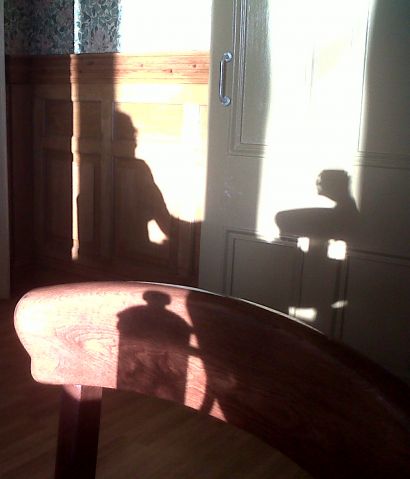Hardly know where to start with where my lookings findings and doings have taken me since my last post.
There’s just so stuff – from actions, conversations. thinking, reading – swimming about in my brain, still being processed- which is still foggy from seasonal intertia and too many cherry liqueurs – documenting it seems a gargantuan task.
So maybe I’ll just start and see where I get to.
Firstly, the Generosity Advent Calendar. From 1-25th December I emailed a daily quote/thought/image on gift/generosity to a mailing list of people who signed up for the project. I had 23ish participants, one who opted out midway. I decided not to document the content of the Advent Calendar elsewhere – here, for example, to keep the integrity, the excusivity, the committment of the project- you sign up, you take part – and also I’ve become much more interested in undocumented, ephemeral projects. (via my reading on artists like Ben Kinmont and others in ‘What We Want is Free: Generosity and Exchange in Recent Art”)
The content was unplanned – I decided to try to to seek new thoughts and knowledge each day so that it was a living project and not some dead, planned out list of quotes, autosent. And it did feel like a dialogue, a performance of sorts. I was keenly aware of presence of my recipients. The project led to some interesting and spontaneous responses and exchanges. Sophie Cullinan, another a-n blogger who I met here on artists talking, sent me a daily image in return for my email. We now plan to collaborate on putting our content together in a zine. My offer of a free zine from my personal collection to participants as a thanks for taking part in the project met with some reciprocal offers. A small and lovely painting arrived through the post from one artist and another artist has promised me a copy of her first zine which she is working on now. My final email, sent out on 25th December, was
“Attention is the rarest and purest form of generosity.”
Simone Weil
Many thanks for your kind attention, and have a great holiday!
I got this response from one participant
‘The reason I’m writing now, although I’ve thought of writing to you before, is that of all 10 gifts I’ve received via this project, your final gift – that of thanks, is the only one which has elicited a reply from me! Being told that I have given you something affects me more, pleases me more than receiving gifts from you’
This I think is so interesting – as it communicates on obligation, reciprocity and bestowal which are intrinsic to any practice of gift. All of the above communications and exchanges have felt valuable and meaningful, especially as people took the time to connect over the busy festive period.
Partly as a result of this I have begun to perceive this project less as ‘research’ – which implies a one-sided seeking out of information – and more as an open ended process of building up a series of conversations and relationships. Maybe this is ‘the work’.



